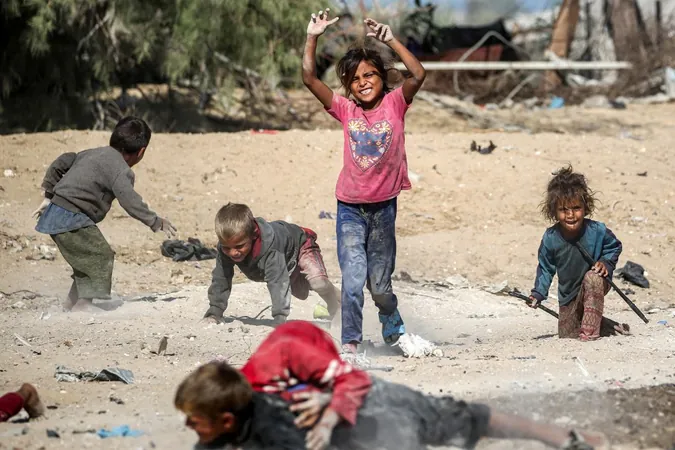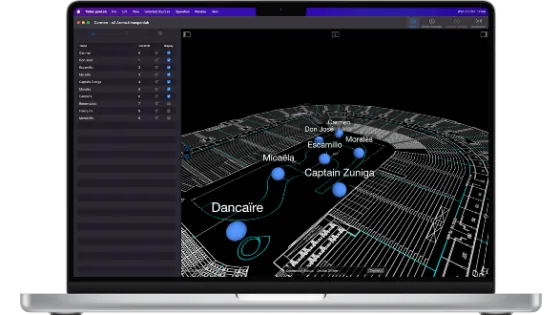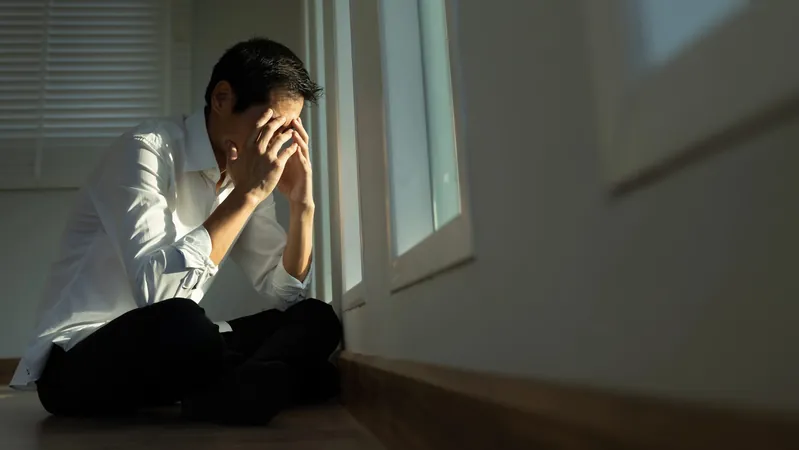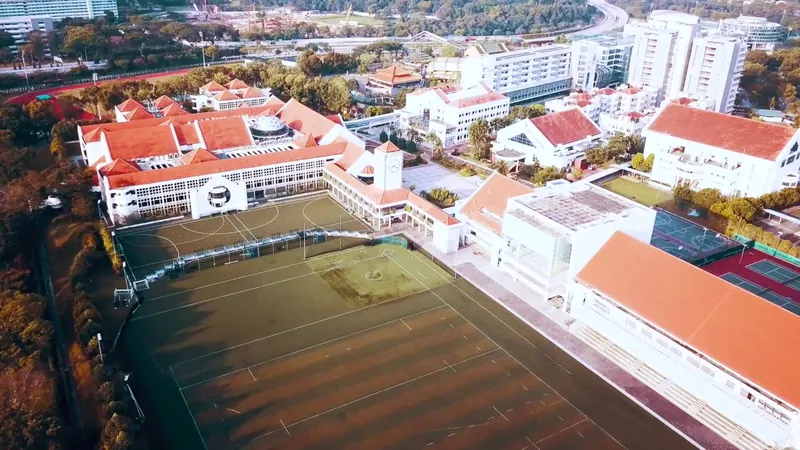
Polio Vaccination Campaign in Gaza Set to Resume Amid Ongoing Conflict
2024-11-02
Author: Sarah
Introduction
In a critical development, the World Health Organization (WHO) has announced that the final phase of the polio vaccination campaign in the Gaza Strip will resume this Saturday. This comes on the heels of a strong appeal from United States Secretary of State Antony Blinken, who urged Israeli authorities to facilitate the quick completion of the vaccination effort.
Vaccination Initiative Background
The vaccination initiative, which began on September 1 following the alarming confirmation of Gaza's first polio case in 25 years, has gone through several phases. While the first round of inoculation was successfully completed, the second round started on October 14, targeting areas in central and southern Gaza. This was made possible by intermittent humanitarian pauses in the fighting that has plagued the region.
Challenges Faced
However, the WHO was forced to postpone the subsequent four-day vaccination phase in northern Gaza, originally scheduled to start on October 23, due to “intense bombardment” that rendered conditions on the ground unmanageable. The escalation in violence has been attributed to Israel's military operations aimed at preventing Hamas militants from re-establishing themselves in the area.
Resumption of Vaccination
WHO Chief Tedros Adhanom Ghebreyesus confirmed the news today on social media platform X, stating, 'Polio vaccination in northern Gaza is ready to resume tomorrow.' He expressed concern that the vaccination area had been significantly reduced compared to the initial phase, leaving many children vulnerable and unprotected against the poliovirus.
Current Situation of Children
Interestingly, there remain approximately 119,000 children in northern Gaza awaiting their second dose of the vaccine. So far, 452,000 children in central and southern Gaza have received the necessary inoculations. The WHO emphasizes that at least two doses of the oral vaccine are essential to effectively interrupt the transmission of polio, which primarily spreads through contaminated sewage and water supplies.
Polio's Impact
Polio is dangerously infectious and can result in severe outcomes such as paralysis and deformities, particularly affecting young children under five years old. The urgency of the vaccination drive is compounded by dire humanitarian conditions in Gaza, particularly in the face of ongoing conflict and military operations.
Malnutrition Concerns
Additionally, the situation regarding malnutrition in the region is becoming increasingly alarming. Tedros condemned a recent Israeli attack on the Kamal Adwan Hospital, which compromised critical supplies intended for the malnutrition stabilization center. WHO spokesperson Margaret Harris disclosed that since the attack, no food aid has been delivered to northern Gaza, leading to worsening conditions for the population.
Food Insecurity
The severity of food insecurity in Gaza is staggering, with reports indicating that over 86 percent of the population is facing significant challenges in accessing food. Vulnerable children are the hardest hit, and the closure of medical facilities adds an extra layer of risk as the war continues.
Conflict Background
The roots of the current conflict stem from Hamas's attack on Israel on October 7, which triggered a war leading to unprecedented casualties. As of now, over 43,259 people, most of them civilians, have reportedly lost their lives due to the retaliatory actions following that initial attack.
Conclusion
The unfolding humanitarian crisis in Gaza calls for immediate international attention and intervention, particularly to protect the health and well-being of children who represent the region's most vulnerable population.



 Brasil (PT)
Brasil (PT)
 Canada (EN)
Canada (EN)
 Chile (ES)
Chile (ES)
 España (ES)
España (ES)
 France (FR)
France (FR)
 Hong Kong (EN)
Hong Kong (EN)
 Italia (IT)
Italia (IT)
 日本 (JA)
日本 (JA)
 Magyarország (HU)
Magyarország (HU)
 Norge (NO)
Norge (NO)
 Polska (PL)
Polska (PL)
 Schweiz (DE)
Schweiz (DE)
 Singapore (EN)
Singapore (EN)
 Sverige (SV)
Sverige (SV)
 Suomi (FI)
Suomi (FI)
 Türkiye (TR)
Türkiye (TR)